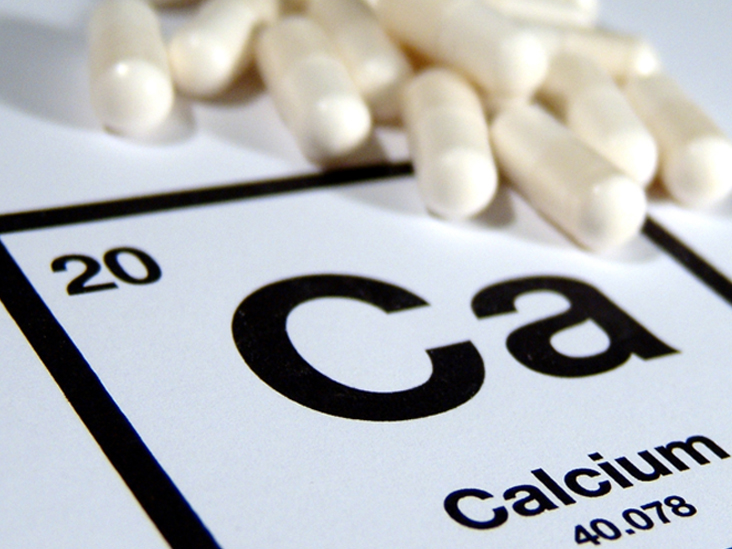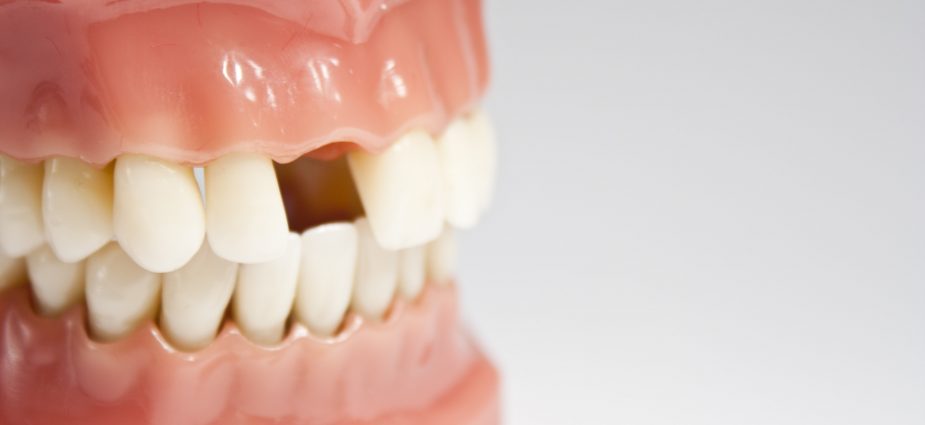What is osteoporosis?
It is a symptomless bone disease involving loss of mineral content and bone mass which causes the bone to become fragile and brittle, leading to a higher risk of fractures than in normal bone. Literally, it means ‘porous bone’ and is most commonly affecting postmenopausal women. Osteoporosis can affect any part of the body, including the jaw bone that supports the teeth.
Population with high risk of getting osteoporosis
Modifiable:
- Low calcium and vitamin D intake
- Sedentary lifestyle: lack of exercise
- Cigarettes smoking
- High caffeine intake
- Alcohol abuse
- Use of corticosteroid
Non-modifiable:
- Female gender
- Positive family history
- Early menopause or early surgical removal of ovaries which causes depletion of estrogen
- Advancing age
- Ethnic group( Causian or Asian)
- Steroid therapy
Symptoms of osteoporosis
Osteoporosis develops over many years, therefore there is a long asymptomatic period of bone change occurs with no symptom. In later stage, the common clinical symptoms are backache with stopping of the posture, fractures at the hip, spine and end of long bones and lastly evidence of bone changes in the lower jaw with decreased in bone width and height.
How does osteoporosis affect our oral health?
Worldwide, osteoporosis causes more than 8.9 million fractures annually, which is a fracture every 3 seconds. In term of oral health, what is the consideration needed while delivering dental treatment to the elderly?
Gum and bone disease
Relationship exists between the reduced bone mineral density of osteoporosis and oral bone loss in jaw bone, leading to bone destruction in the elderly. Osteoporotic bone is porous thus bacteria will easily invade the weakened body immune system, thus breaking down the bone and connective tissue that hold teeth in place.
Tooth loss
Women with osteoporosis are three times more likely to experience tooth loss than those who do not have the disease. Tooth loss is a well-documented consequence of gum and bone disease. Several studies have found a link between the loss of alveolar bone and an increase in loose teeth and tooth loss. Since the bacteria is invading the bone and connective tissue that hold the tooth in place, teeth may eventually become loose, fall out, or have to be removed.
Implant
This may be of particular concern if you are considering dental procedures such as dental implants to replace missing teeth. But their success depends on a process known as osseointegration, by which they fuse to living bone in the jaw. The bone must be relatively healthy for this to occur, however, osteoporosis and certain medications to treat it such as biphosphate may affect the porosity and affect the outcomes.
Oral surgical procedures and dentures
Low bone density in the jaw can result in other dental problems as well. For example, older women with osteoporosis may be more likely to have difficulty with loose or ill-fitting dentures due to excessive bone loss. Besides that, they may have less optimal outcomes from oral surgical procedures in which fractures may occur during extraction that make the cases to be more complicated.
Treatment of osteoporosis
- Medications: Decrease bone resorption by increasing the intake of estrogen and calcium or increase the bone formation by increasing the intake of sodium fluoride.
- Activity: Activity and exercise require caution and preventive measures to avoid accidental falls. Severe involvement of spine may require orthopaedic support and medication for pain. Questions regarding the patient’s medical history can elicit the necessity of precautions needed during certain activities or procedures.
- Behavioral/Habitual: Avoid smoking and excessive alcohol intake.
Prevention of osteoporosis
There are several ways you can help to prevent osteoporosis, as listed below:
- Make sure you’re getting enough calcium and vitamin D
- Decrease your caffeine and alcohol intake
- Quit smoking.
- Increase weight-bearing exercise such as those physical activities that force you to work against gravity, for example walking, jogging or weight training. It can bring a host of benefits in bone health.
- Regular visits to the dental office in which dentists will help you to maintain good oral health and overall health as well.
- Bone scan can be done regularly to check the status of bone density in our body as a way to have early diagnosis of osteoporosis to prevent it from getting worsened.
In a nutshell, osteoporosis is a common problem among Malaysian elderly in which attention should be fully paid to nip the bud through prevention by changing the lifestyles and diets of the elderly as dental procedures can be too complicated to be carried out in osteoporotic patients.






